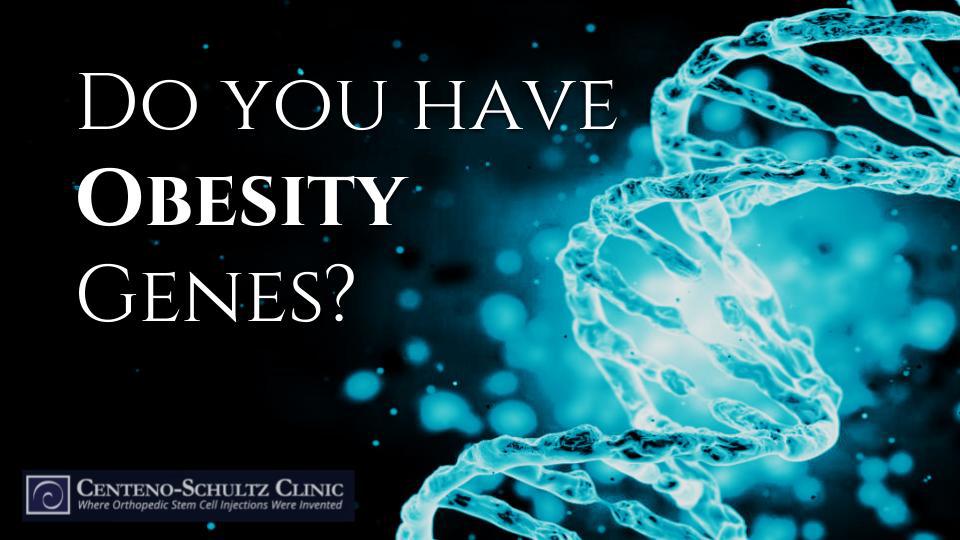Thanksgiving has come and gone for yet another year, though you’ll probably be shuffling those leftovers in and out of your fridge for a few more days, and we’ve officially entered the holiday season. For many of us, that means indulging to excess in all kinds of delectable holiday foods for the next five or six weeks and then scrambling for the next couple of months to get our weight back on track in time for swimsuit season. Unfortunately, for some, this may be much more difficult than it is for others. Why? It seems some of us really do have obesity in our genes; however, this doesn’t mean you’re doomed to a fat life. It just means in order to override your genetic predisposition to obesity, you may have to work a little harder at your lifestyle choices, and one of these, according to one study, is exercise.
Before we explore this study finding, let’s look at the differences between genetics and lifestyle as they relate to obesity.
Obesity Due to Genetics vs. Lifestyle
Many of us really do carry the risk for obesity in our genes, passed on to us from our parents, grandparents, and so on. Our genes not only carry coding for those things we can observe on the outside of the body—who doesn’t remember those recessive and dominant eye color charts from high-school biology?—but they also carry coding for many types of diseases, from cancer and arthritis to dementia and even psychiatric disorders.
We may be able to mask some of those exterior physical attributes (dye our hair color, use colored contact lenses to make hazel eyes appear blue, etc.) we can’t permanently alter the genetics of these things. But for many diseases and other conditions, including obesity, that we have genetic risks for, we can make lifestyle choices that may minimize our genetic risks.
Epigenetics is an entire field of study that focuses on how our genes respond to environmental influences. What is an environmental influence? It can be toxic chemicals in the environment, such as contaminated water sources or, as one study suggests, even excess exhaust from living close to a busy highway (linked to Alzheimer’s). Other environmental influences include those direct personal choices we make, such as smoking, drinking alcohol to excess, and regularly consuming fast food and other junk foods. Smoking, for example, is well associated with cancer, heavy alcohol consumption with cirrhosis or hepatitis, and poor diet with diabetes and obesity.
Underlay a genetic predisposition for cancer, obesity, or Alzheimer’s, for example, with these poor lifestyle choices, and you have the perfect storm for development of these conditions. Making positive lifestyle choices, on the other hand, not only reduces your risk but may actually alter your genetic predisposition. One example of this, according to a recent study, is exercise, which may actually modify your obesity genes. Let’s review.
Altering the Risk of Obesity in Your Genes with Exercise
A recent study was conducted to investigate if exercise could modify a genetic risk for obesity. Over 8,000 women were placed into a variety of groups based on their activity level ranging from sedentary to highly active and genetic impacts were analyzed. Highly active participants were found to have a lowered genetic risk for obesity, and this was especially pronounced in elderly women (70 years and older). Researchers concluded that the longer you exercise, the greater its impact on the genetic risk for obesity.
We may come preloaded with our own genetic story outline for life, and that may include the risk for obesity in your genes, but as this study and others as well as the field of epigenetics has shown, you may have the power to define and revise some of that genetic story. How? By making positive lifestyle choices that could help keep your genetic predispositions in check. As for those with obesity genes, don’t cower to your genetic predisposition for obesity and doom yourself to a fat life; start now—yes in the midst of the indulgent holiday season—making positive food choices.
